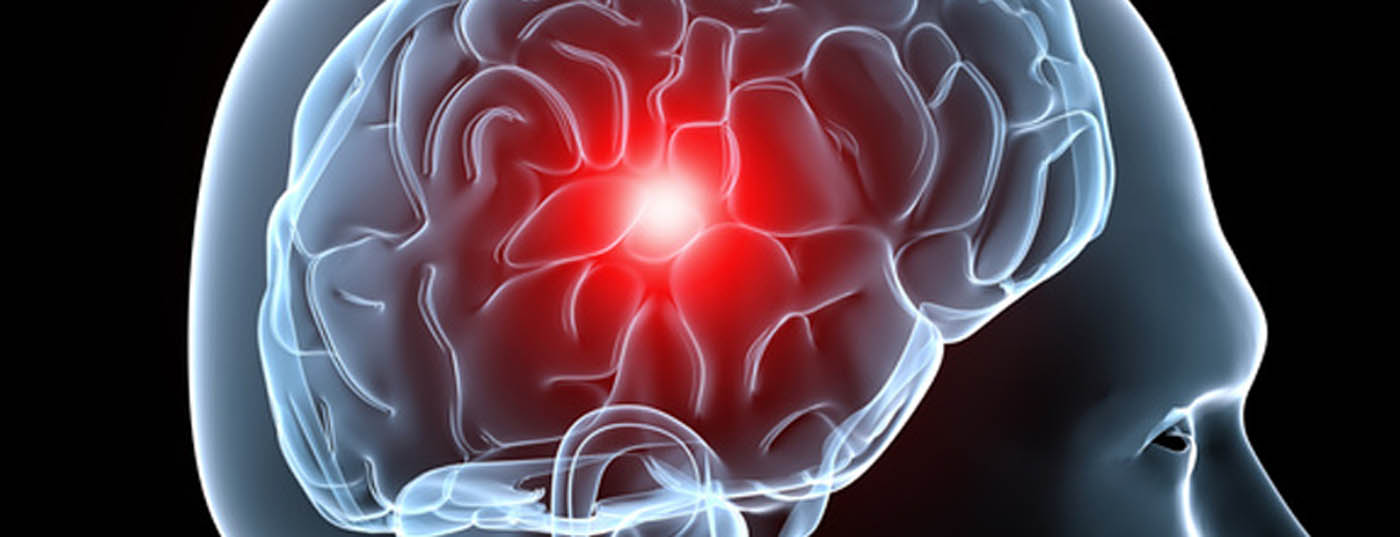Question: Do stroke patients benefit from treatment in a monitored stroke unit compared with initial care in an intensive care unit with care by a mobile stroke team?
Background: It is undisputed that stroke patients benefit from treatment in a stroke unit (with or without monitoring). Why stroke units are superior is not precisely defined in this context. In many cases, patients are also primarily cared for in an intensive care unit when no other monitoring beds are available in a hospital. A mobile stroke team is then consulted. Comparative data between monitored stroke units (“semi-intensive type stroke unit” [SI-SU]) and intensive care units with mobile stroke team (“mobile stroke team and intensive care unit” [MST-ICU]) are missing so far. The authors address the question of whether SI-SU treatment is superior.
Patients and Methods: This was a monocentric study performed as a “before and after” comparison at the Ospedale Regionale di Lugano. From 2010 to 2012, consecutive patients with stroke treated at the SI-SU equipped with 6 monitoring beds were included. Their data were compared with a historical control group enrolled from 2008 to 2010 using the MST-ICU approach. Primary point of comparison was unfavorable outcome at 3 months, defined as death or dependence (modified Rankin score, mRS 3-6); secondary points of comparison were mortality and excellent clinical outcome (mRS 0-1).
Results: During the mentioned periods, 458 patients treated according to the SI-SU concept and 370 according to the MST-ICU concept were included. The risk of death or dependence after SI-SU treatment was significantly lower compared with MST-ICU treated patients (p<0.001; aOR -0.45; 95% CI: 0.31-0.65). The result remained significant even after adjustment for possible influencing factors such as age, sex, NIHSS at entry, presence of cerebral hemorrhage, or diabetes mellitus. Mortality in the SI-SU group was lower at 4.4% compared with 8.1% in the MST-ICU group, and the proportion of patients with excellent outcome was 59.4% versus 44.9%, although without the difference remaining significant after adjustment for above factors.
Authors’ conclusions: The evolution of stroke care from a mobile stroke team in an intensive care unit to a geographically defined stroke unit with monitoring beds, results in a significant decrease in patients with disability or death at 3 months. Because the extent of cardiovascular monitoring is similar in both treatment approaches, the reason for this improvement is beyond monitoring alone. Factors that play a role here are case management by neurovascular specialists and the involvement of a competent multidisciplinary treatment team.
Comment: This study shows that another quality leap can be achieved if patients are not only cared for by a stroke team in an intensive care unit, but in a geographically defined stroke unit. The study works by necessity with a historical control group, but thus reflects the development that can fortunately be observed at many hospitals in Switzerland. Thanks to the guidelines and certification criteria of the SFCNS (“Swiss Federation of Clinical Neurosocieties”), stroke patients are increasingly being treated in stroke centers or regional stroke units, which are spatially and organizationally defined. This is reflected in a concentration of this patient group in such institutions, but also in an increase in the proportion who can be treated with thrombolysis or endovascular therapy. The increasing experience of a stroke team in such a setting is also one of the soft factors included in the study outcome, which individually do not have a sufficiently high level of evidence.
Cardiovascular monitoring remains an important factor in quality of care. In addition, however, case management by the stroke specialist as well as the integration of a competent multidisciplinary team obviously play an important role. Patients should therefore have access to treatment at a stroke center/unit that meets these criteria. Despite cardiovascular monitoring, treatment in an intensive care unit will no longer be an adequate substitute in the future.
InFo NEUROLOGY & PSYCHIATRY 2016; 14(6): 43.











